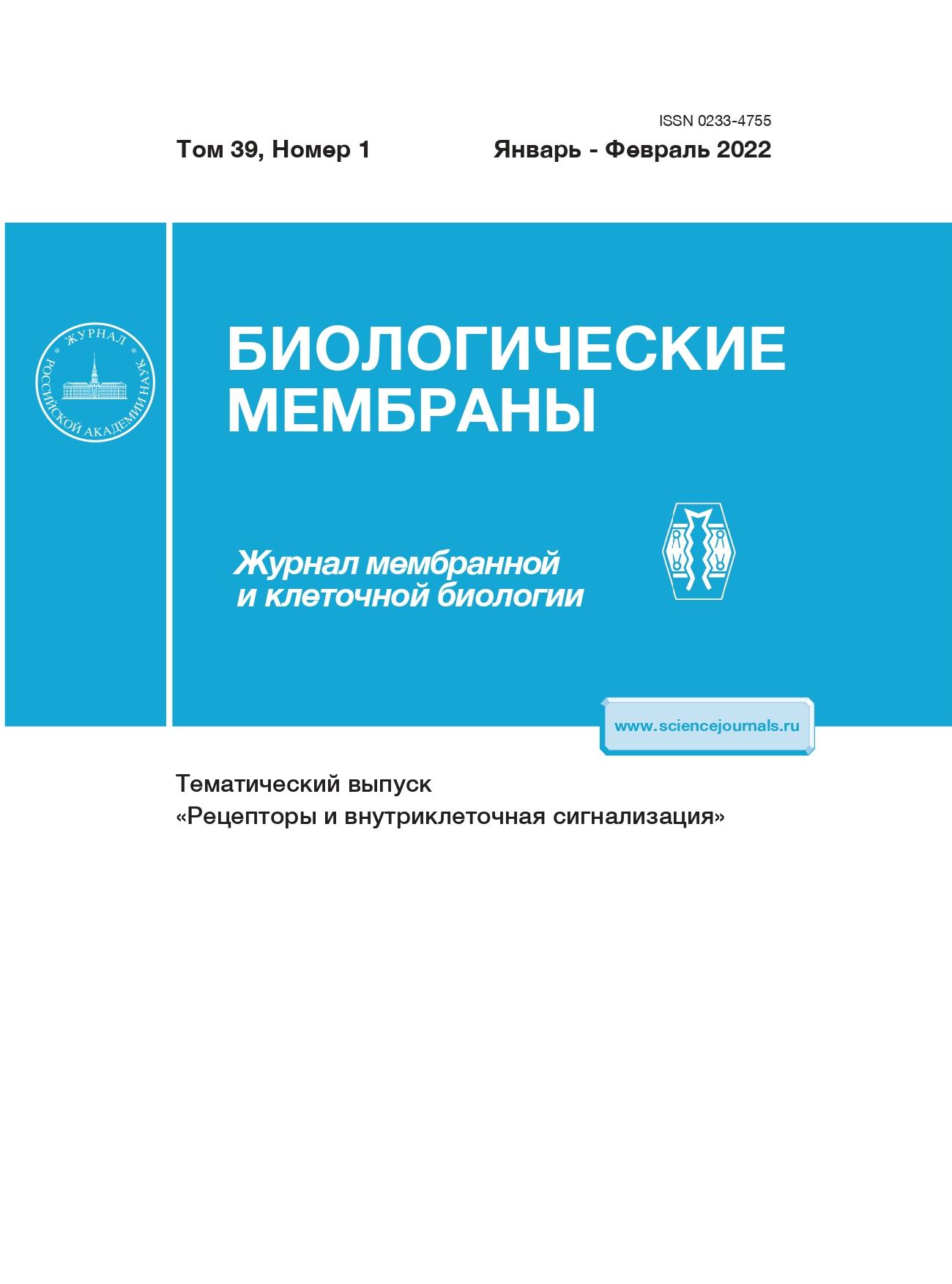
BIOLOGICHESKIE MEMBRANY
Journal of Membrane and Cell Biology

Journal of Membrane and Cell Biology
T. R. Galimzyanov, R. J. Molotkovsky, S. A. Akimov
Biochemistry (Moscow), Supplement Series A: Membrane and Cell Biology. 2020;14(2):117-125
Pages: 117-125
Alzheimer's disease (AD) is a progressive neurodegenerative disorder characterized by memory impairment and cognitive decline, with limited therapeutic options. Extracellular vesicles, particularly exosomes, have emerged as promising cell-free therapeutic agents due to their capacity to cross the blood-brain barrier and transfer bioactive molecules, such as proteins and microRNAs, to recipient cells. This study investigates the potential of intravenously administered exosomes to correct memory impairment in a model of Alzheimer's-type neurodegeneration. Exosomes were isolated from a suitable source, likely mesenchymal stem cells, and characterized for size and cargo. The therapeutic efficacy was evaluated in an AD animal model, such as a transgenic mouse or a chemically-induced rat model, by assessing cognitive function using behavioral tests like the Morris water maze. Our findings demonstrate that intravenous administration of exosomes significantly attenuated memory deficits and improved spatial learning. Mechanistically, the treatment was associated with a reduction in amyloid-beta plaque load, decreased neuroinflammation, and enhanced synaptic plasticity markers in the hippocampus. These results suggest that exosomes can modulate the pathological hallmarks of AD and restore neuronal function. The study highlights the therapeutic potential of exosomes as a novel, non-cellular approach for treating AD, providing a foundation for future clinical translation.